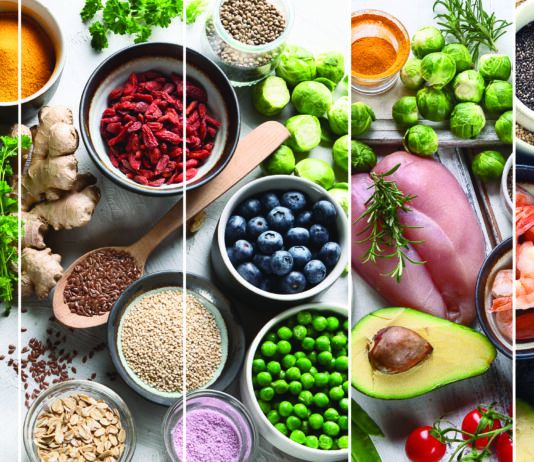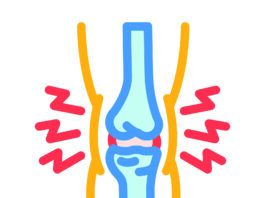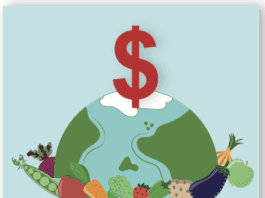WIC Boosts Babies Birth Weights
Do pregnant women participating in the Women, Infants and Children (WIC) nutrition program have healthier babies? A study of the nationwide spread of WIC since 1974 finds that pre-natal WIC nutritional assistance is associated with a significant increase in babies birth weight-important in its own right and as a predictor of later health.
Herbals Going Mainstream
Herbal supplements are no longer just for health-food stores, according to a new report from the American Botani-cal Council trade association: Americans spent a record $335 million in 2009 on herbal supplements in mainstream market channels such as supermarkets and drugstores, an increase of 14%.
Draft of 2010 Dietary Guidelines Targets Obesity
The experts developing the next federal Dietary Guidelines for Americans have the nations obesity epidemic squarely in their crosshairs. Linda V. Van Horn, PhD, RD, LD, of Northwestern University, chair of the Dietary Guidelines Advisory Committee, said in presenting the groups recommendations, The most important issue is that this set of guidelines is addressing an unhealthy American public for the first time. The obesity epidemic is priority number one, and every single thing in this report is focused on addressing that problem up front.
Rice Krispies Health Claim Axed
Kelloggs health claims for its Rice Krispies cereal have officially snapped, crackled and popped. In an agreement with the Federal Trade Commission (FTC), the company said it would drop claims that Rice Krispies help support your childs immunity and labeling about added antioxidants and nutrients that your family needs to help them stay healthy.
Review Finds MSG Safe
Chinese restaurant syndrome is probably all in your head. The term, coined in a 1968 letter to a medical journal, refers to the notion that glutamate and the flavor enhancer monosodium glutamate (MSG), popular in Asian cuisine, can trigger headaches.
GAO Uncovers Deceptive Supplement Marketing
Undercover agents from the Government Accountability Office (GAO), posing as elderly customers, recently exposed a host of deceptive and even dangerous marketing practices by sellers of herbs and other supplements. According to a GAO report,
What Vitamins Are You Losing Along with Pounds?
When dieting to lose weight-as 1 in 3 Americans is trying to do-youre not just cutting out calories; youre also omitting vitamins, minerals and other nutrients that tag along with those calories. To test these nutritional effects of popular weight-loss plans, Stanford University scientists randomly assigned 300 overweight or obese women to one of four diets: Atkins, Zone, LEARN and Ornish. By repeatedly quizzing the women on what theyd actually eaten, researchers were able to calculate their vitamin and nutrient intake from food.
Glucosamine Disappoints vs. Back Pain
Even though glucosamine is widely used as a therapy for lower back pain, a new randomized controlled trial has found little difference between patients taking the popular supplement and those on a placebo.
Turn Up Your Nose at Zinc Claims
With cold and flu season just around the corner, you may be tempted by those zinc nasal products that promise to prevent the common cold and alleviate symptoms.
Calories? Whos Counting?
Most of us are trying to lose weight, but few Americans have any idea how many calories they should consume. Those are among the findings of the 2010 Food & Health Survey by the International Food Information Council.

























